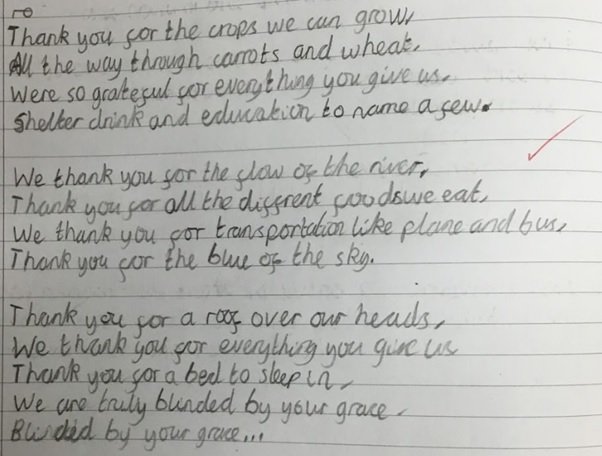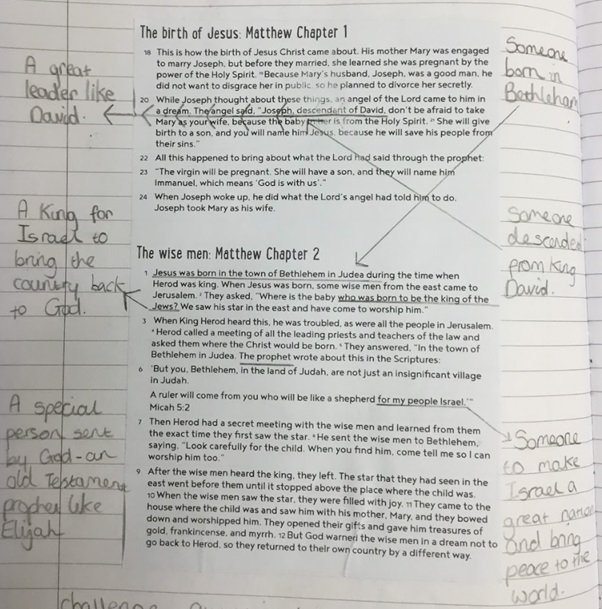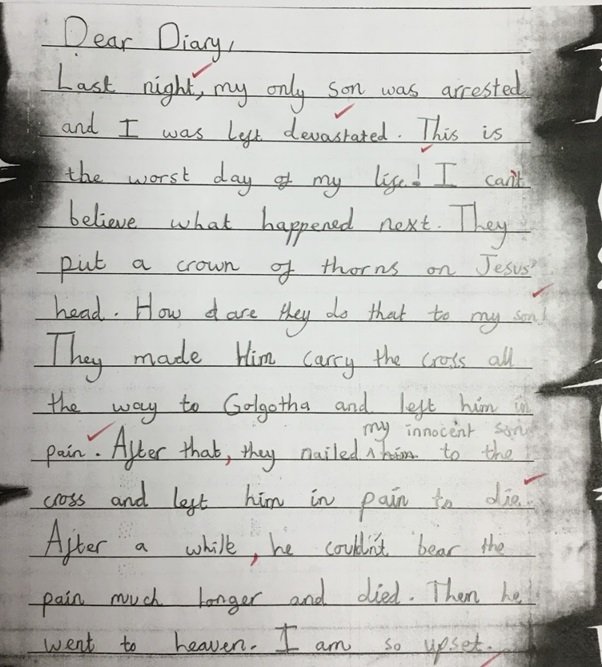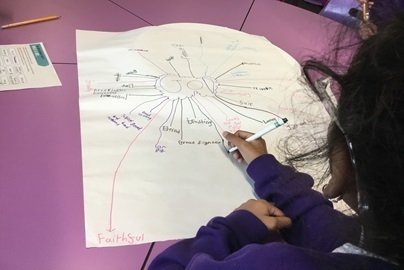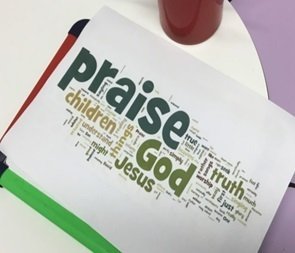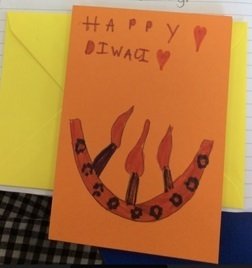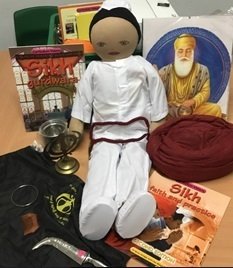RE
Religious Education in a Church school should enable every child to flourish and to live life in all its fullness. (John 10:10). It will help educate for dignity and respect, encouraging all to live well together (A Statement of Entitlement, 2019).
At Christ Church C of E Primary School, we believe that the principal aim of religious education is to explore what people believe and what difference this makes to how they live, so that pupils can gain the knowledge, understanding and skills needed to handle questions raised by religion and belief, reflecting on their own ideas and ways of living (Sandwell Syllabus).
At Christ Church C of E Primary School, Religious Education is an important part of our curriculum, where we encourage our children to SHINE which are our core values: Successful Happy Included Nurtured Enriched. We follow the Sandwell Agreed Syllabus, whilst using the Understanding Christianity resource to enable pupils to acquire a rich, deep knowledge and understanding of the Christian belief and practice, at the same time as studying other major world religions. Children learn ‘about religion’ and’ from religion’ and we aim to promote tolerance and understanding of those of different faiths or no faith by making connections and through reflection. Our curriculum enables pupils to learn to think for themselves about British values in relation to the values of different religions, world views and their own values. Our RE curriculum promotes SMSC development.
We aim that through the teaching of RE, our children will have mastered:
- An outstanding level of religious understanding and knowledge.
- A thorough engagement with a range of ultimate questions about the meaning and significance of existence.
- The ability to ask significant and highly reflective questions about religion and demonstrate an excellent understanding of issues related to the nature, truth and value of religion.
- A strong understanding of how the beliefs, values, practices and ways of life within any religion cohere together.
- Exceptional independence; the ability to think for themselves and take the initiative in, for example, asking questions, carrying out investigations, evaluating ideas and working constructively with others.
- Significant levels of originality, imagination or creativity, which are shown in their responses to their learning in RE.
- The ability to link the study of religion and belief to personal reflections on meaning and purpose.
- A wide knowledge and deep understanding across a wide range of religions and beliefs.
Children’s spirituality will be developed by:
- An encounter with Christian spirituality which is more than awe and wonder; to include facing fears and failures and experiencing confession, forgiveness, and thankfulness for good things not deserved.
- The rhythm of the Christian calendar
- Presentation of a Christian understanding of what it means to be a person
- Encouragement to consider what they most value and it affects their commitments and choices.
Children will have the opportunity to:
- Feel that their value is independent of their achievements or success – that it derives from being God's child and that every child matters to God
- Freedom to express or practice their faith without fear of prejudice or bullying, as appropriate
- Enjoying praise and recognition through achievement assembly or similar (gifts and talents) each year, as well as private praise
- Having a piece of their work on display during the course of the year – something they can be proud of...
- Teaching which enables them to make expected progress – or be in receipt of targeted support.
- Teaching across the curriculum about relationships and health in the light of faith values
In EYFS children should:
- Encounter religions and worldviews through special people, books, times, places and objects and by visiting places of worship.
- They should listen to and talk about stories.
In Focus Provision our children :
- Engage in activities to develop skills linked to personal targets.
- Engage in sensory based activities to enable the children to develop awareness of themselves.
Benefit from an RE curriculum that suits the needs of our pupils by, for example: choosing content that suits the learners; selecting aspects that connect with the lives and experiences of learners with special needs, appropriate to their abilities and understanding; ensuring sensory learning strategies are implemented rather than discussion or written tasks. The children choose a religious song to sing daily from a song board.
We work alongside the local Reverend at Christ Church C of E Primary School, currently Reverend Arif Anees, and The Ladywood Interfaith Education Project to arrange visits to local places of worship and to provide additional input to RE lessons to help enrich our RE curriculum. Some of the places of worship we visit in the local community include St. John’s and St. Peter’s Church, Ladywood, the Guru Nanak Gurdwara Smethwick, The Shri Ventateswara (Balaji) Temple of UK and the Masjid Usman Mosque, Smethwick. We regularly visit Birminhgham Cathedral to take part in their engaging and enriching workshops.
The schemes of work that we have produced and continue to adapt, encourage children to respond in a variety of creative and cross-curricular ways. Class teachers adapt their lessons to meet the needs of the children.
Please click on the link below for:
The Sandwell syllabus
Understanding Christianity
https://www.understandingchristianity.org.uk/
All pupils have the right to withdraw from RE. However, before exercising their right of withdrawal, we hope that parents would discuss the matter with the Head Teacher.
Work Samples
Year 6
Year 6
Year 4
Year 3
Year 5
Year 3
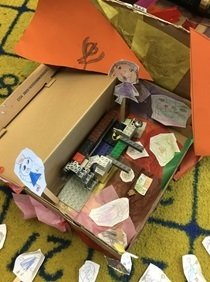
Year 2
Year 1 Stimulus


